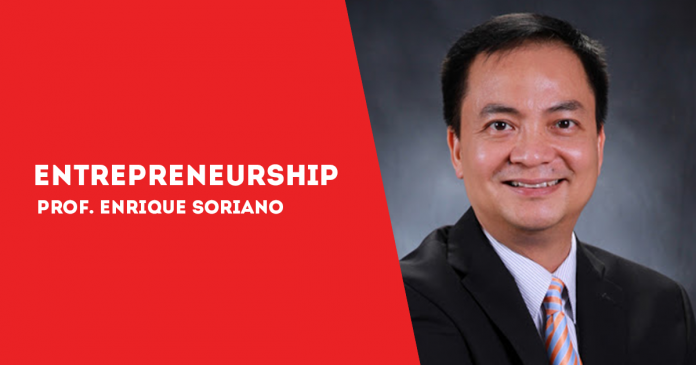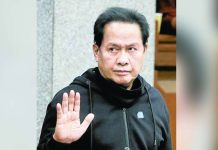
“The tragedy of succession is not death—it is delay.”
The Stalled and Strained (late 40s to mid-50s)
IN MANY Asian family enterprises, the most tragic chapter is not the founder’s passing. It is when successors — already in their late 40s or 50s — remain trapped in the founder’s shadow. Their once-burning ambition dims, siblings drift apart, and what was a proud legacy begins to feel like a heavy chain. Entitlement calcifies into a “right,” ownership splinters into rival camps, and the founder — still unwilling to release control — micromanages from afar. Dynasties rarely collapse in a dramatic fight; most die in slow motion, quietly hollowed out.
Consider Daniel, 52. For decades he waited to step into true leadership. His father, still active in his 80s, kept every decision on a short leash. Daniel and his siblings filled roles without clear authority. Board meetings became ceremonial, strategy was reactive, and cousins no longer trusted one another. The family’s vision, mission, and values turned into wall décor — quoted but not lived.
Eventually, Daniel faced the hard truth: without unity among siblings and without the founder’s release, the business was running on fumes. Talks of breaking apart the group — “finally doing our own thing” once the founder was gone — echoed in private.
Through mentoring, Daniel confronted painful but universal lessons.
Lesson 1: Leadership is responsibility, not a title.
Too long, the siblings waited for authority instead of exercising accountability. Daniel had to shift from blame to action — convening dialogues, bringing in external advisors, and restarting strategic planning. Waiting was no longer an option.
Lesson 2: Governance cannot be delayed.
A professionalized board — with independent directors, clear roles, and shareholder agreements — became essential to separate emotions from business. The founder’s charisma, once glue, had turned brittle. Systems, not personalities, had to take over.
Lesson 3: Wealth is duty, not entitlement.
Some cousins expected dividends without contribution; others demanded operational roles without accountability. Daniel reframed ownership: not a prize for birth, but a responsibility to protect, grow, and pass on stronger.
Lesson 4: Professionals are partners, not threats.
For years, outsiders were distrusted. Yet only neutral facilitators could surface unspoken truths: obsolete products, fierce competition, eroding margins. Trusting experts was a leap—but one that preserved the business.
Lesson 5: Every shareholder deserves respect.
Silent cousins, often sidelined, felt unheard. Real stewardship meant ensuring all owners had a voice, even if they weren’t in operations. Unity grows not from dominance, but from fairness.
Above all, Daniel realized the missing ingredient was succession by design. Unlike the founder’s entrepreneurial hustle, generational transition demands science: structured processes, risk mapping, and scenario planning. Waiting for the founder to decide “when the time is right” was a recipe for decay.
In searching for models, Daniel studied Asian families that endured for centuries. The common thread? Founders who let go with grace and successors who united through governance and humility. They institutionalized discipline, not just ambition.
For founders, the message is clear: your deepest act of love is not holding power, but trusting successors. Clinging too long breeds apathy, division, and ultimately, the destruction of what you built. The most enduring founders are those remembered not just for creating wealth, but for empowering heirs to steward it.
For successors, the call is urgent: leadership is no longer about earning your parent’s approval. It is about forging unity among siblings, professionalizing governance, and aligning around a shared purpose. Even in your 50s, stewardship can be reclaimed—if entitlement gives way to humility, and apathy gives way to accountability.
The choice is stark: dynasties either wither under prolonged control and fractured heirs—or they rise by transforming privilege into stewardship, energy into discipline, and ownership into a legacy that endures beyond any one generation.
***
If this message reflects the realities in your own family — or you’ve witnessed similar challenges unfold in your boardroom or even at the family dinner table — this is your opportunity to act.
We invite you to our exclusive in-person Family Governance Masterclass in Iloilo City on Saturday, November 8 and Cebu City November 15, also a Saturday. This high-impact session is designed for business families ready to move from blind inheritance to responsible stewardship — equipping the next generation with the clarity, discipline, and values needed to lead with purpose.
Seats are strictly limited to ensure an intimate, results-focused experience. Secure your place now by emailing wb@wbadvisoryasia.com and look for Maica.
Together, let’s empower next-generation leaders, strengthen governance structures, and protect what truly matters — not just for today, but for generations to come./PN







